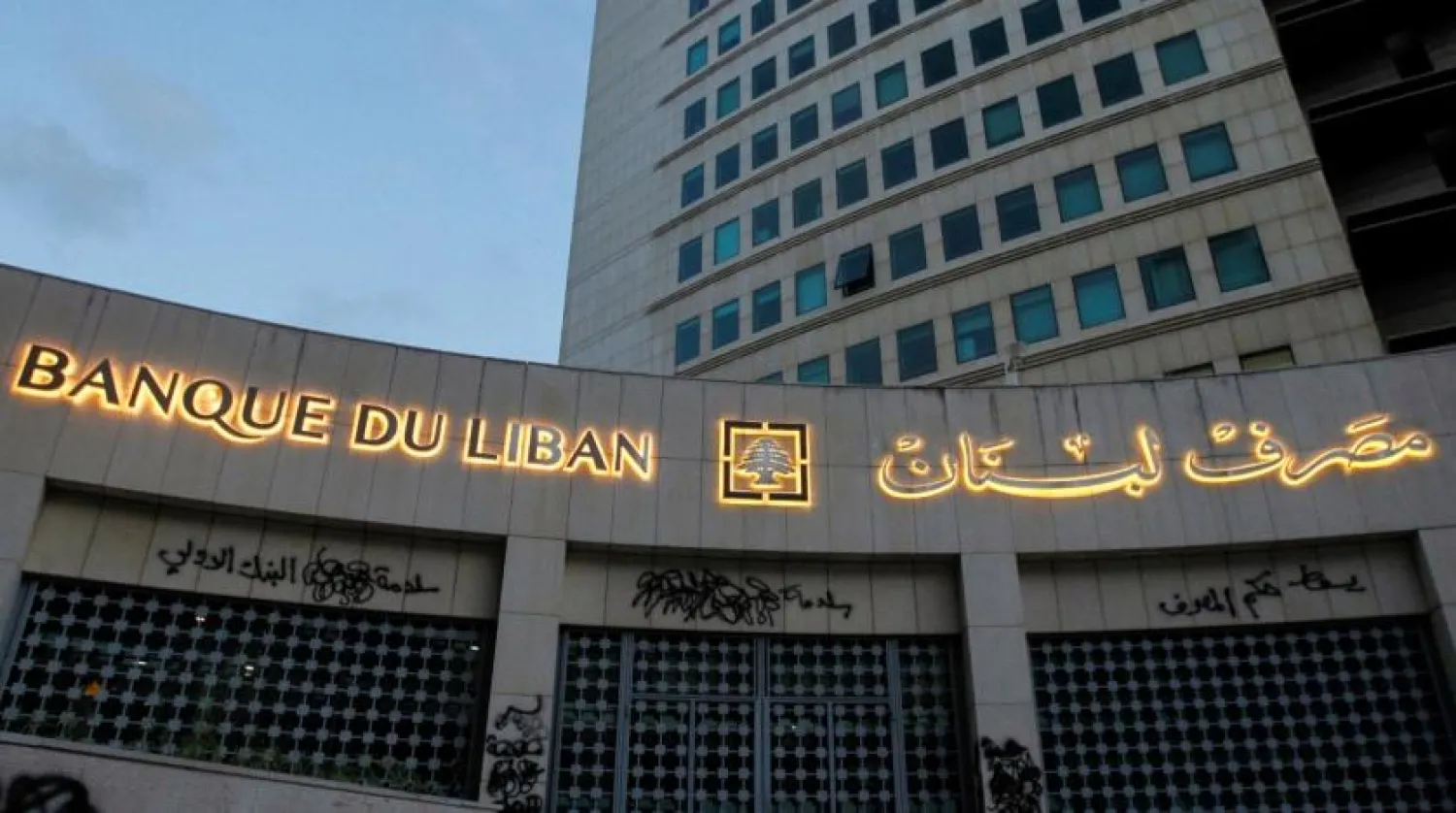Lebanese Banks Hire Adviser to Navigate $80 Billion Loss Negotiations

Lebanon’s banking sector, grappling with a massive financial crisis, is actively seeking an external adviser to assist in negotiations addressing estimated losses totaling around $80 billion. The unprecedented scale of these losses stems from years of economic mismanagement, political instability, and a severe currency collapse that has shaken confidence in the country’s financial institutions.
The Banking Crisis Unfolds
Lebanon’s banks have long been central to the country’s economy, but recent years have exposed deep vulnerabilities. The collapse of the Lebanese pound, coupled with government debt defaults, has led to a sharp erosion of the banks’ asset values and public trust. Depositors face significant restrictions on withdrawals, while banks struggle to maintain liquidity.
Seeking Expert Guidance
In response to these challenges, Lebanese banks are pursuing expert advisory services to navigate complex restructuring talks with international creditors, regulators, and stakeholders. The adviser’s role will include crafting strategies to manage the financial fallout, negotiate loss-sharing mechanisms, and stabilize the banking system.
The Stakes Are High
Resolving the banking sector’s losses is crucial not only for the financial institutions themselves but also for Lebanon’s broader economic recovery. A successful negotiation could pave the way for international aid, renewed investor confidence, and the restoration of financial services vital to everyday life.
Political and Economic Implications
The discussions come amid ongoing political turmoil and calls for reforms aimed at tackling corruption and improving governance. The banking sector’s future remains intertwined with Lebanon’s ability to implement structural changes and regain economic stability.
What’s Next?
As Lebanese banks engage advisers, the coming months will be critical in determining the trajectory of the country’s financial crisis. International observers and the Lebanese public alike watch with anticipation, hopeful for solutions that can revive the battered banking system and provide economic relief.
















